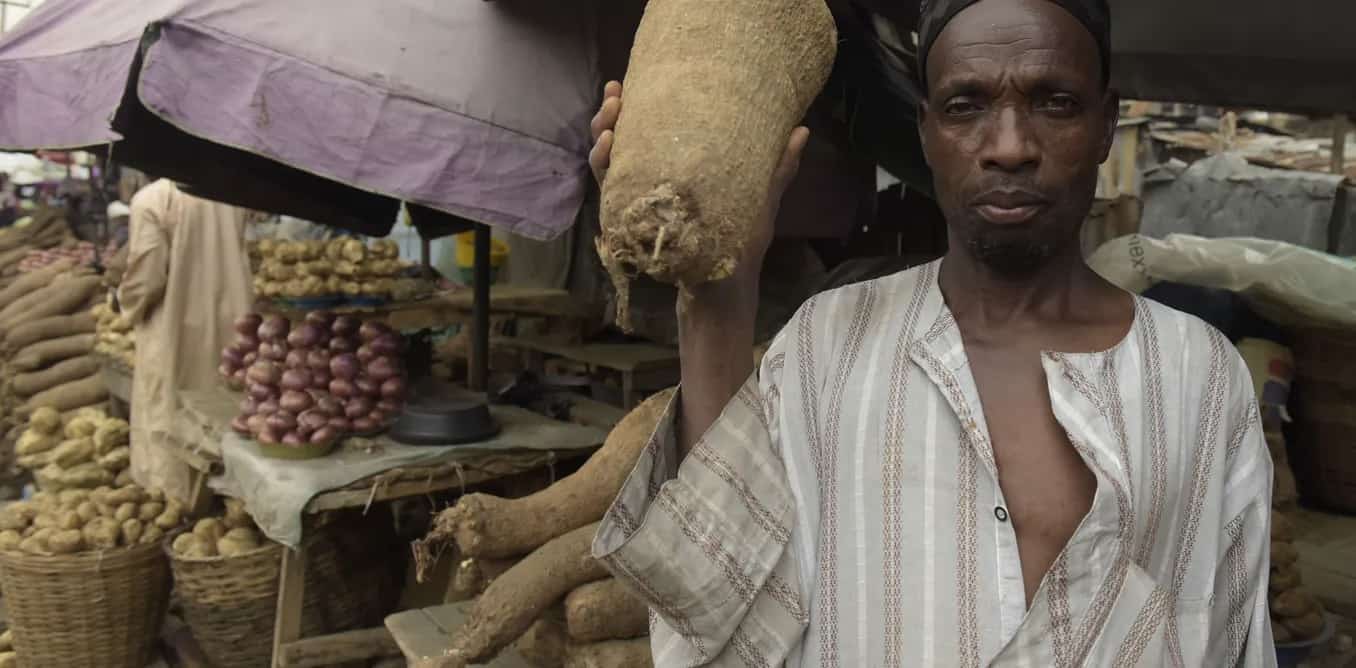Mr Deola-Tayo Lordbanjou, Programme Manager, Root and Tuber Expansion Programme, Federal Ministry of Agriculture, says Nigeria accounts for 47 million metric tonnes of yam production globally.
Lordbanjou said made the disclosure at a one-day capacity building programme, organised for yam farmers by Federal Ministry of Agriculture and Rural Development, on Thursday in Benin.
Nigeria is recorded as the world's largest producer of yams, accounting for over 70–76 percent of the world production. However, Jamaica, Ghana, the United States, Japan and China lead in terms of export volume. Nigeria does not feature in the list of top 10 exporters of the produce.
In his paper, entitled: “Status and Prospects of Yam in Nigeria,” the expert put the current global production of yam at 73 million metric tonnes.
Out of this, he said that Nigeria accounted for 47 metric tonnes, valued at N57.75 billion annually.
“According to International Institute of Tropical Agriculture (IITA), most of the world production comes from West African countries, representing 94 per cent, with Nigeria alone producing 71 per cent.
“Nigeria is the world highest producer of yam, cultivating about 2.9 million hectares of land.
Lordbanjoue noted that the development of yam value chain in Nigeria could be partly attributed to use of modern farm inputs and improved technology.
According to him, yam has higher production value than maize, rice, cassava and millet combined.
Also speaking, Dest Officer, Yam Value Chain in the ministry, Dr Perpetua Iyere-Usiahon, said that the use of sack bags had been introduced to cultivate yams in order to guarantee food security in Nigeria.
Perpetua, in her paper, entitled: “Beetle Infestation Management and Innovation in Yam Production in Nigeria,” noted that organic dust had been introduced to cultivate yams.
She explained that the organic dust served as fertiliser and treatment for beetle-infested yams, stressing that yams cultivated with organic dust were fit for human consumption.
“We are discouraging farmers from using chemical dust to cultivate yams. Using organic dust is better and it increases production,” she said.
According to her, the looming food crisis and insecurity in the country had necessitated the introduction of cultivation of yams in sack bags, thus enabling yam cultivation all year round.








